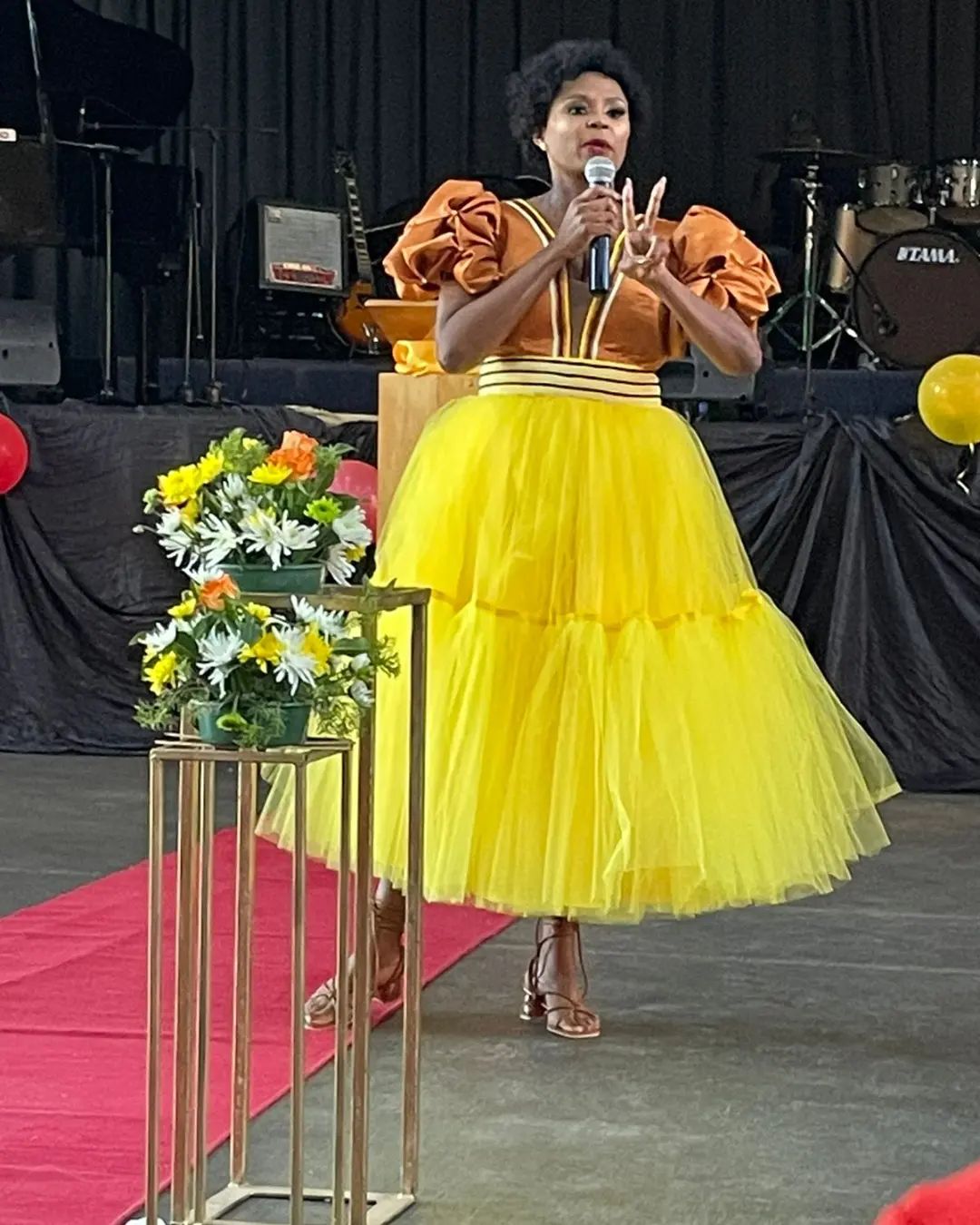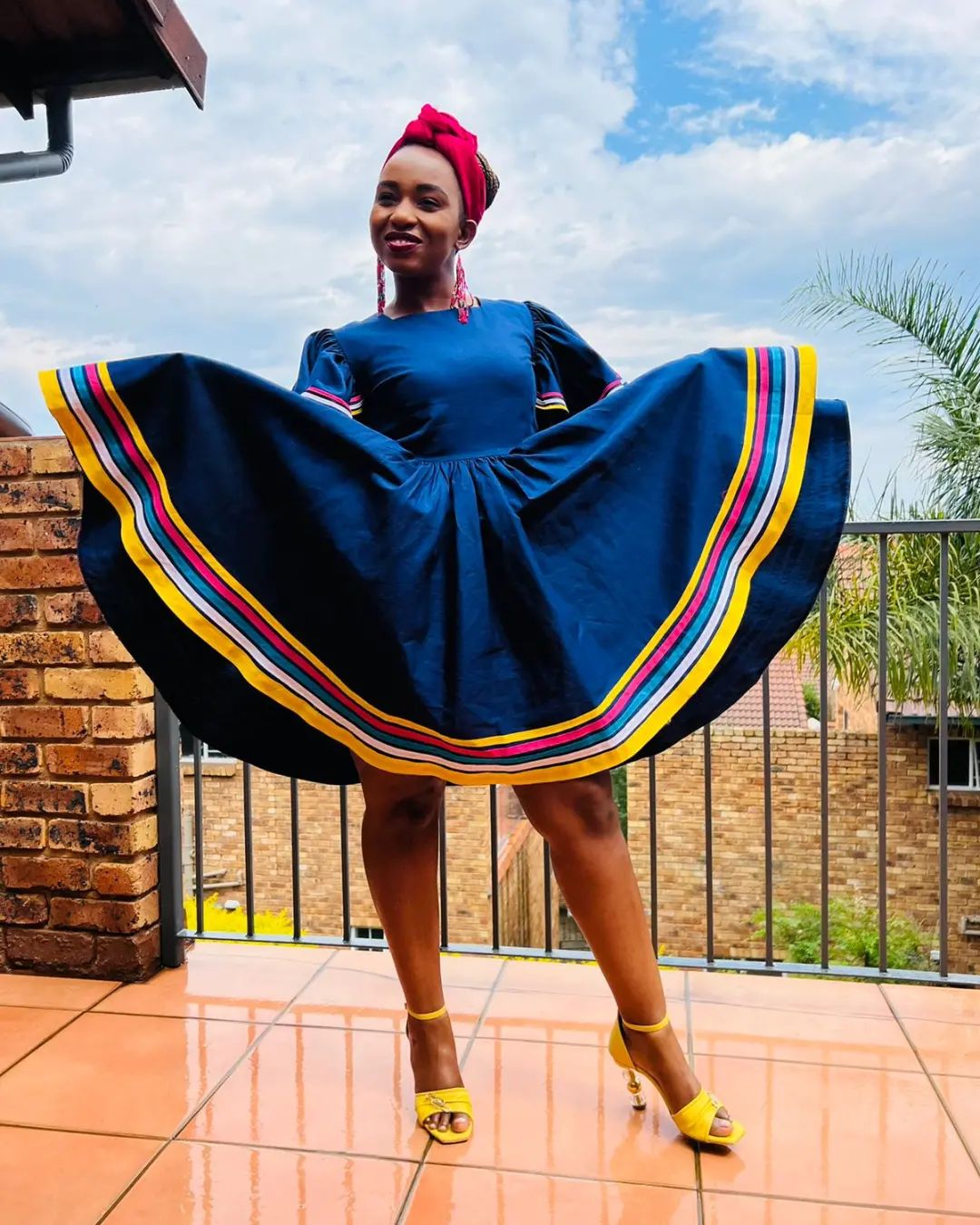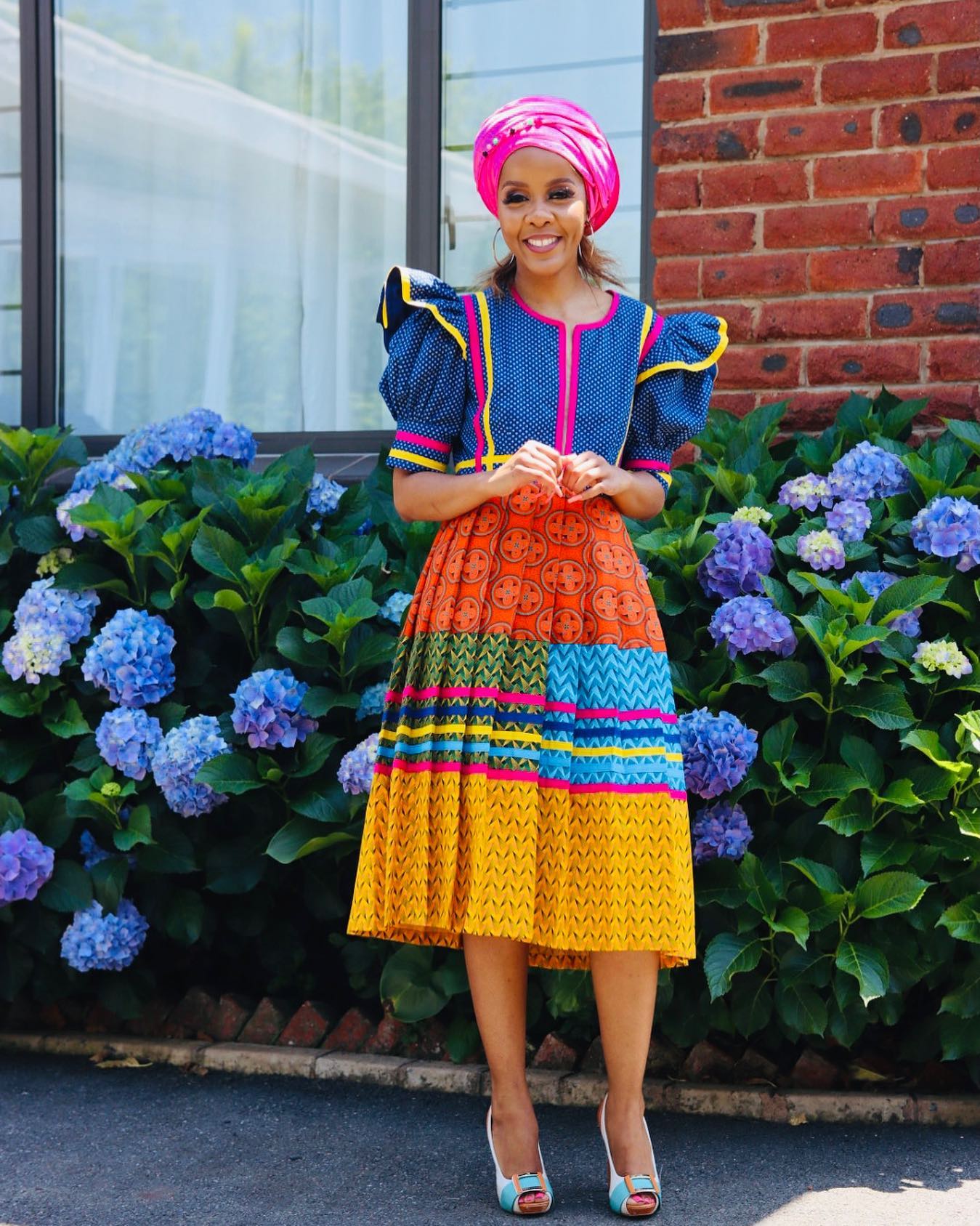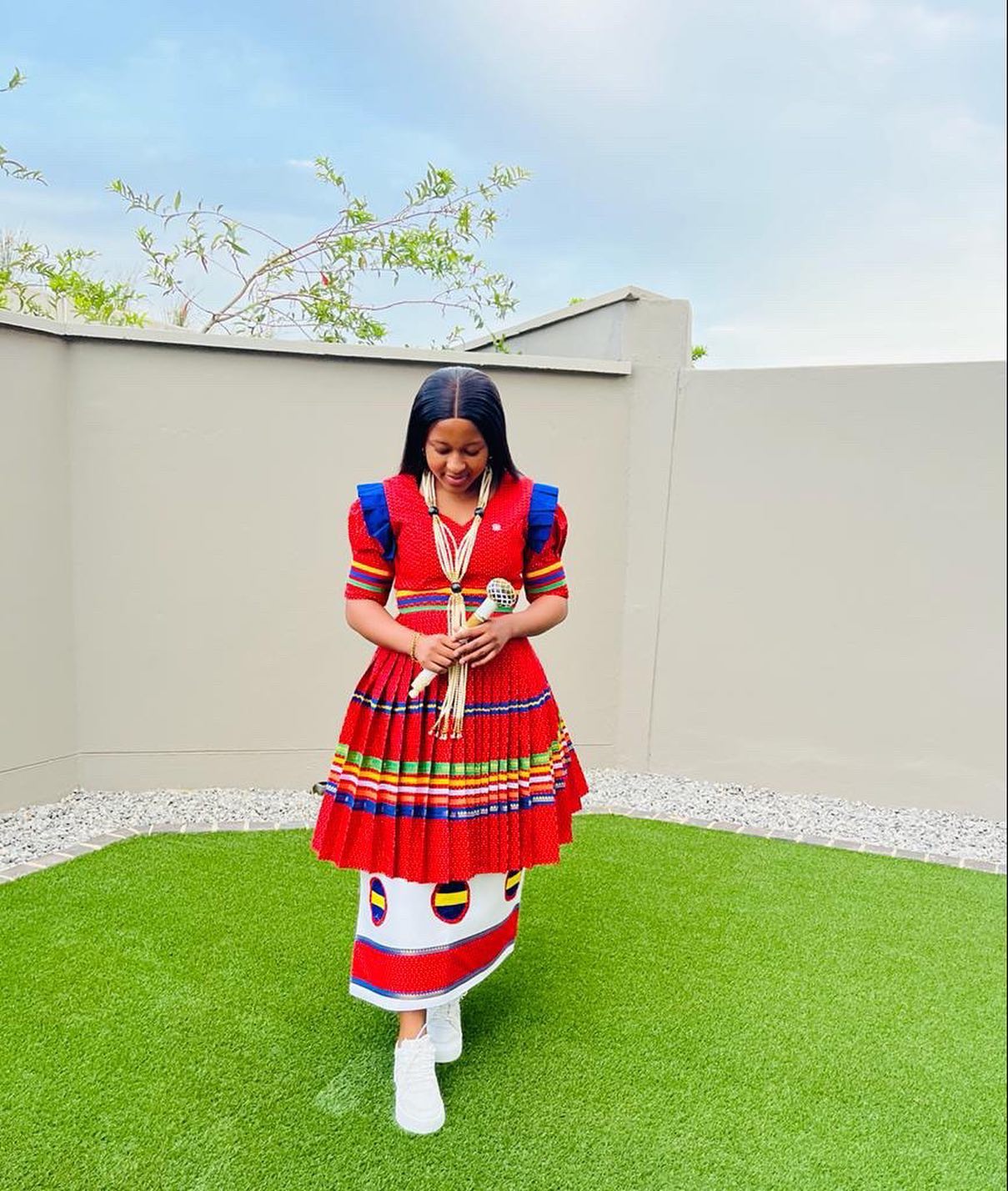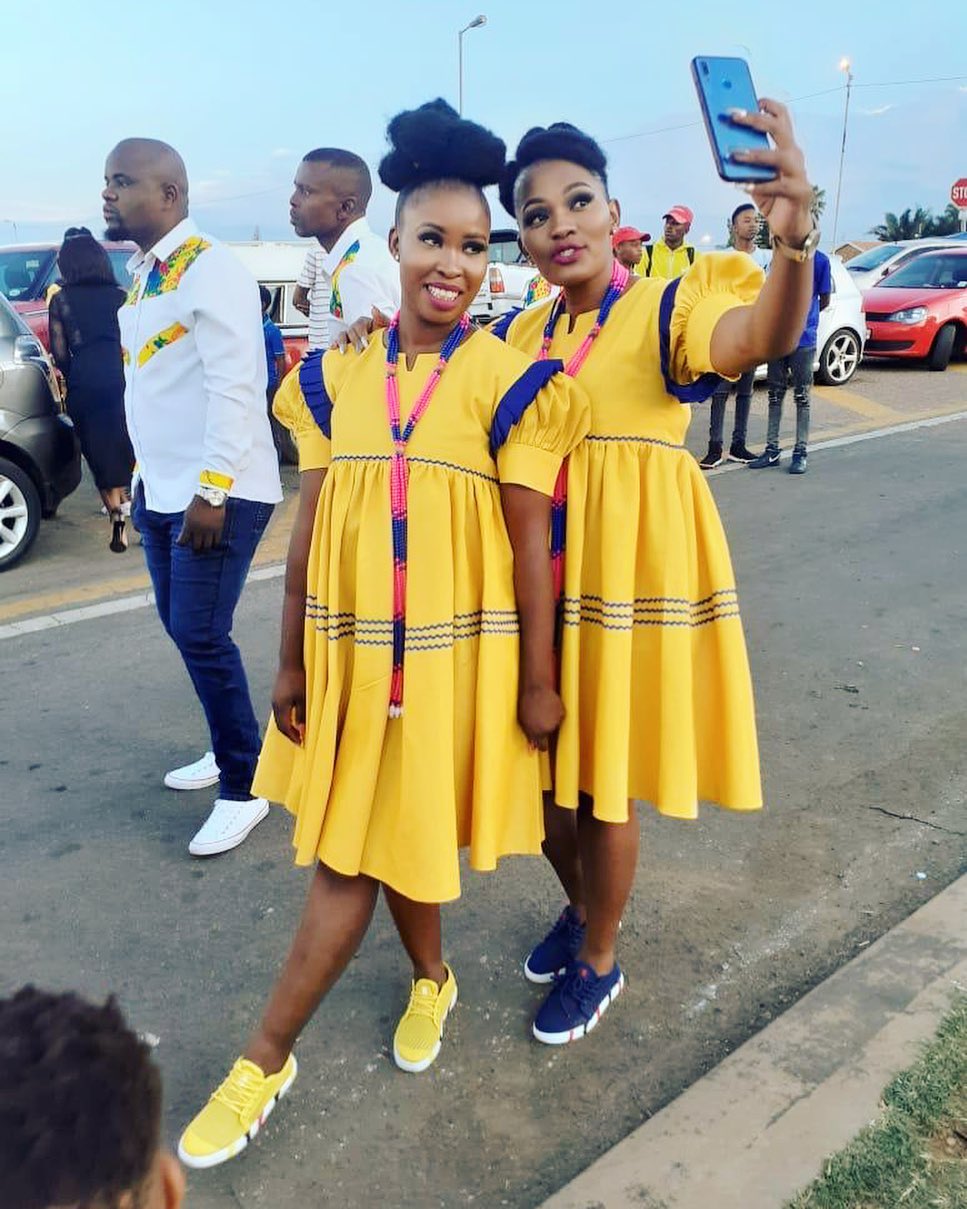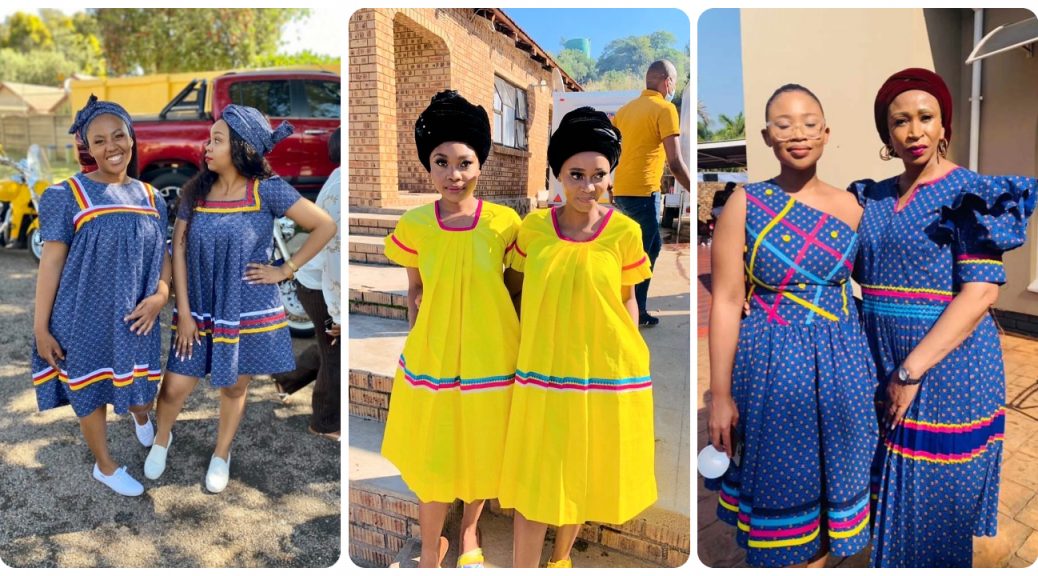Amazing Sepedi Traditional Dresses for Women in 2024
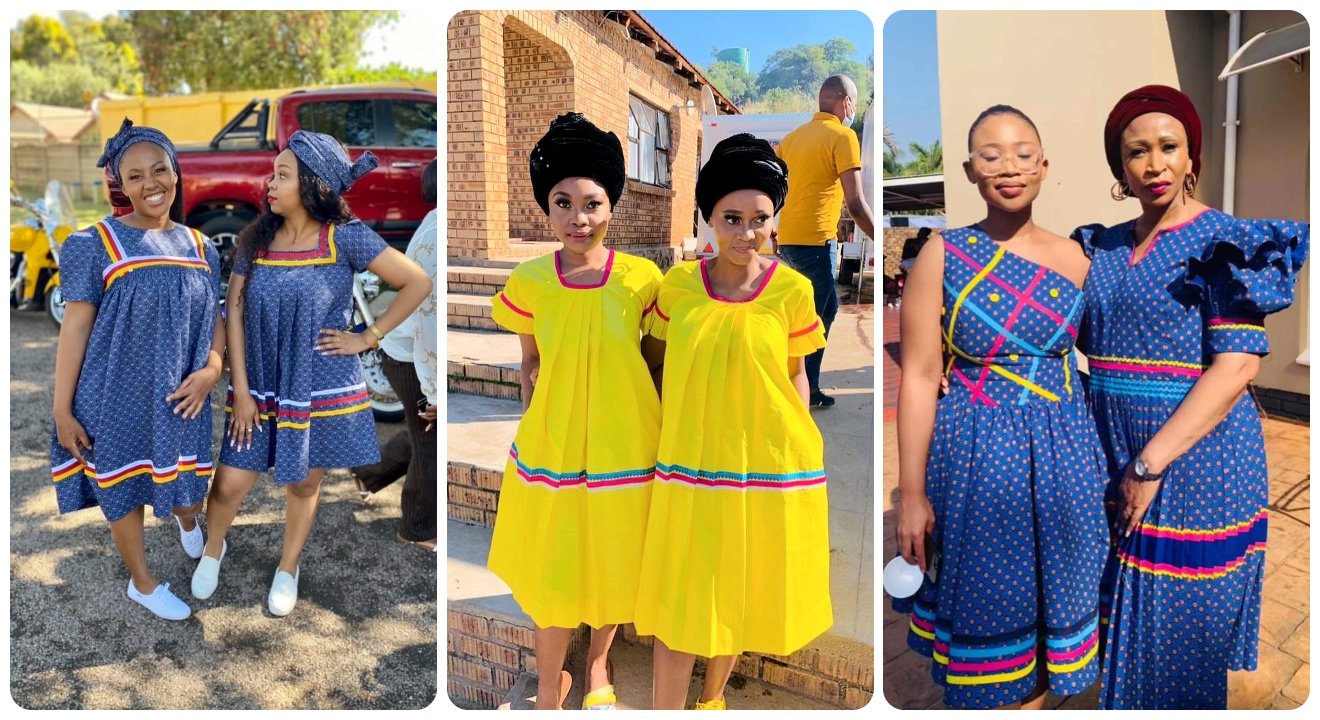
Amazing Sepedi Traditional Dresses for Women in 2024
Sepedi is usually spoken in Mpumalanga, Gauteng, and Limpopo, but parts of it are also spoken
This language is part of the Bantu language family of Niger-Congo and is very closely related to Setswana and Sesotho.
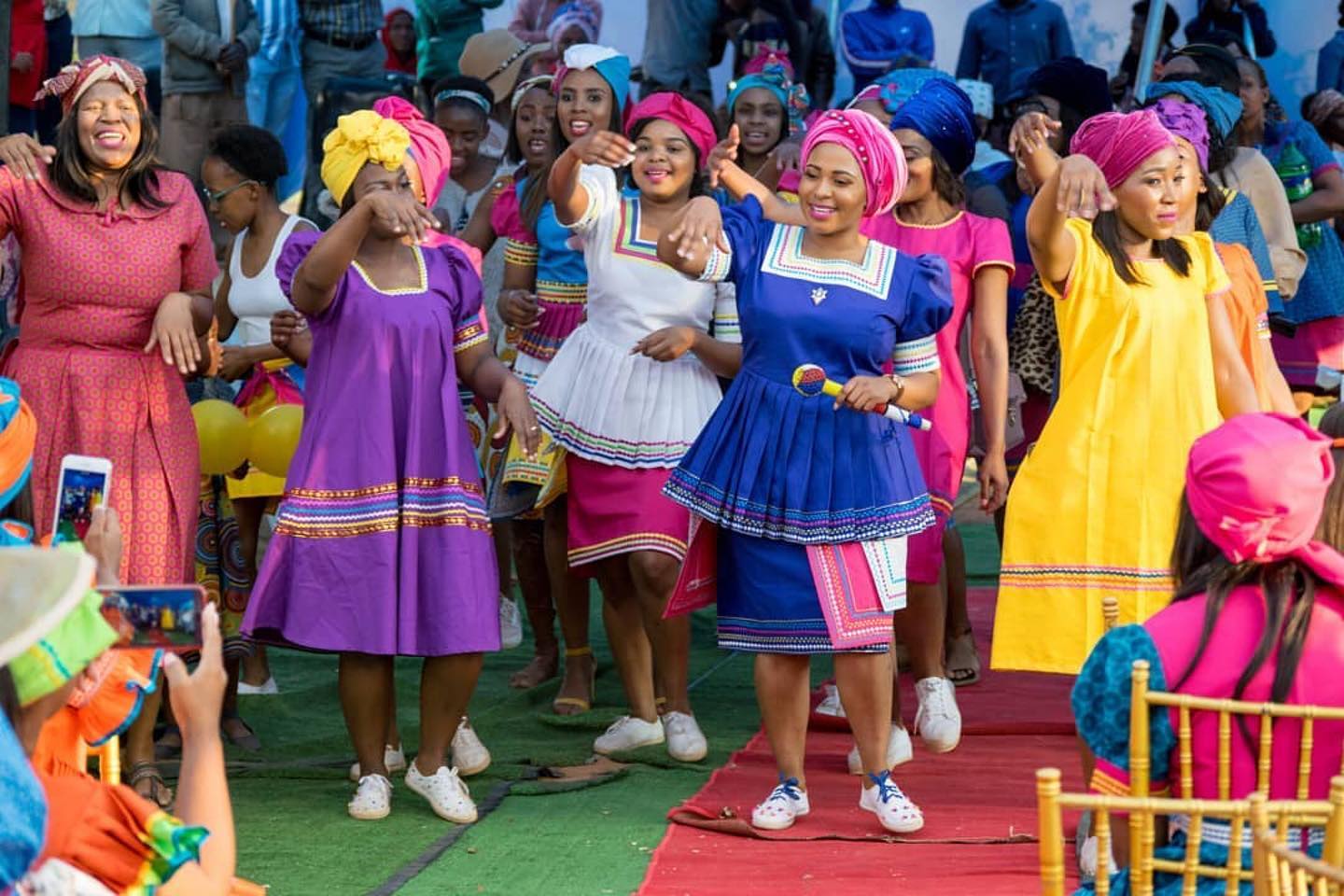
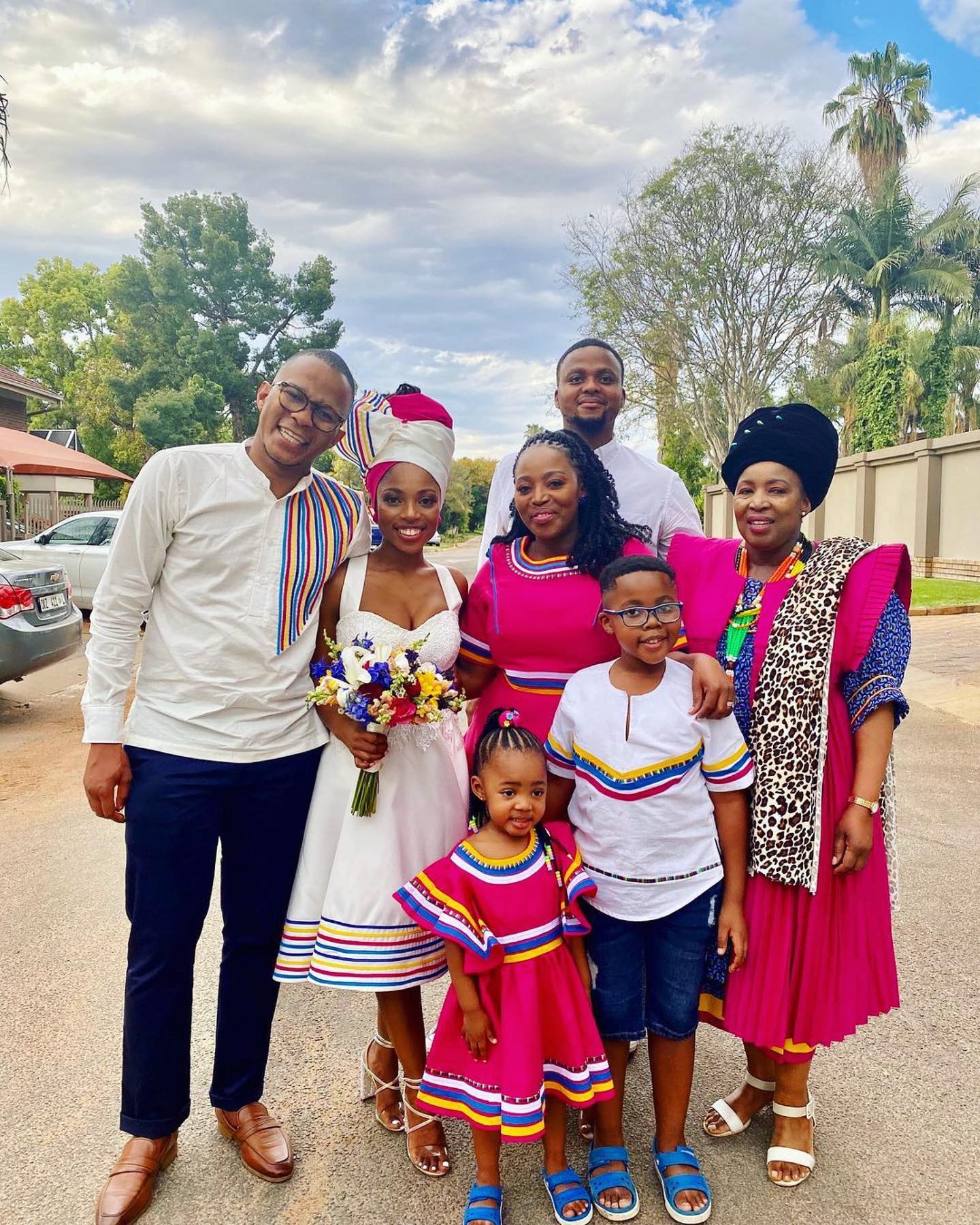
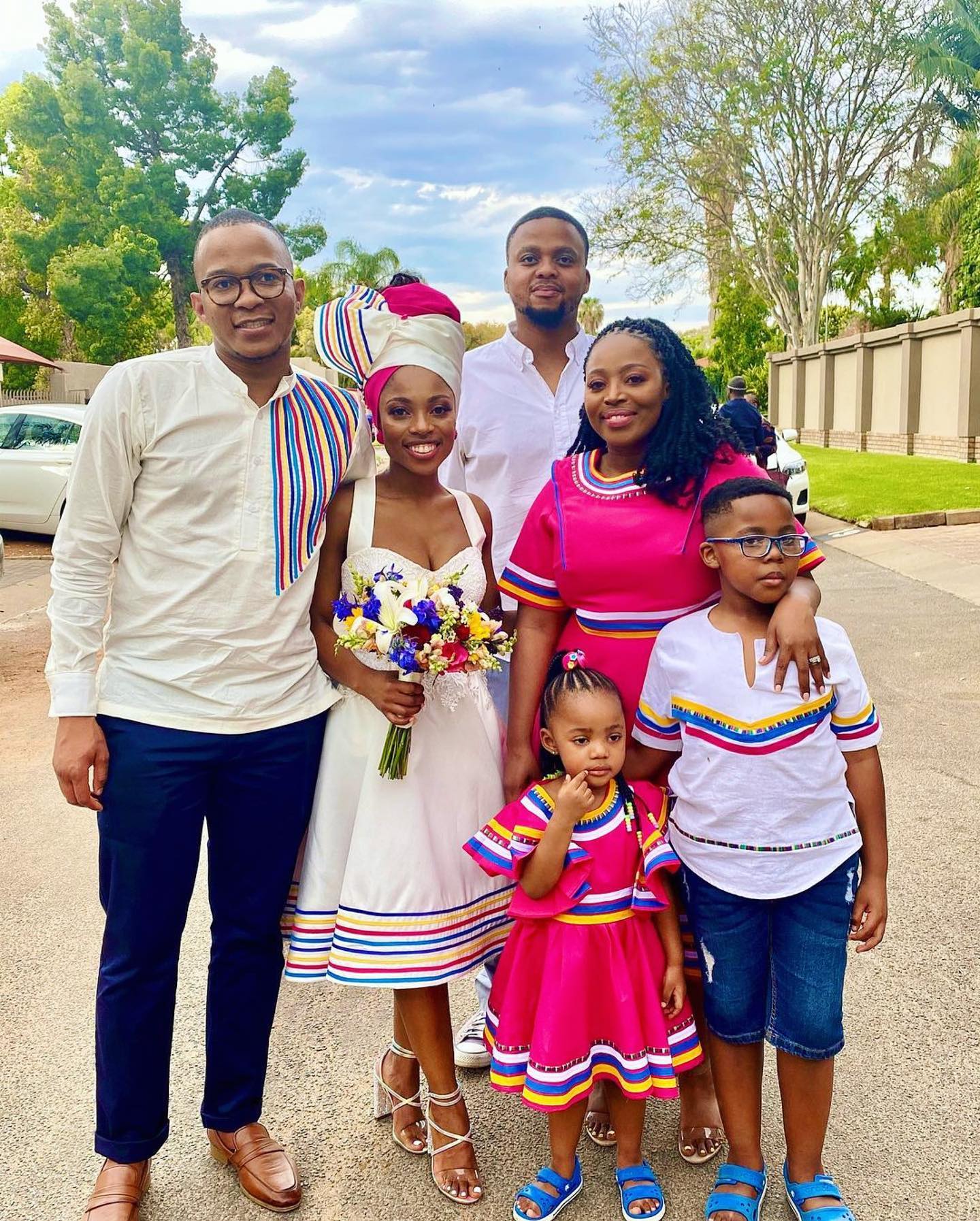
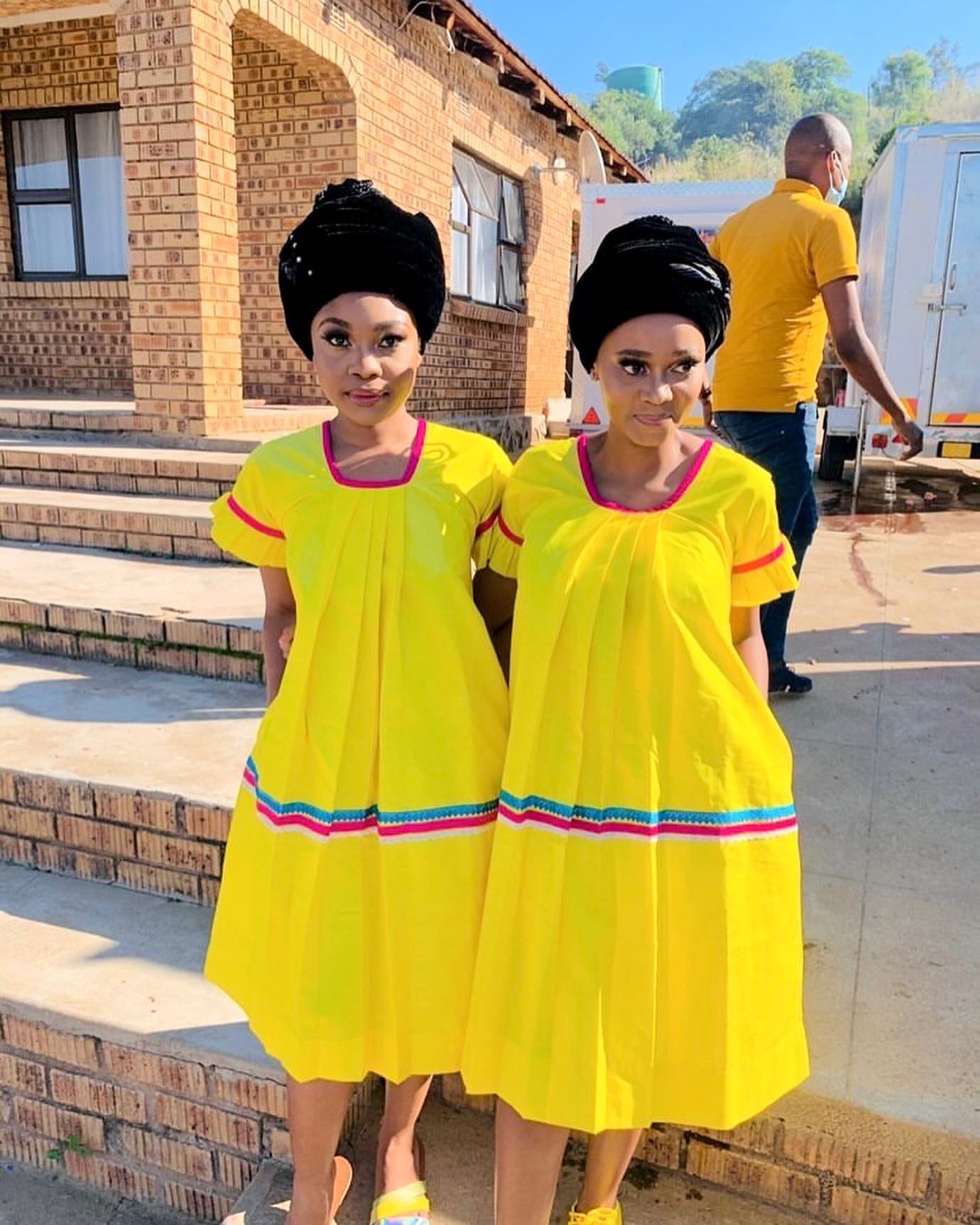
Like many religions and cultures, Sepedi has its
traditions.
Many people enjoy this culture and language for weddings.
The closest family members of the bride and groom gather to discuss the wedding ceremony, especially the lobola.
What happens here is that the bride’s family, usually the mother and father, demand certain items from the groom’s parents in exchange for their daughter.
They usually ask for things like money or livestock, but they can ask for anything.
If you want a bottle of brandy, just ask for it; if you want a television, whatever you ask for, the groom’s parents cannot refuse. Otherwise, your son will not be able to marry the person he wants to marry.

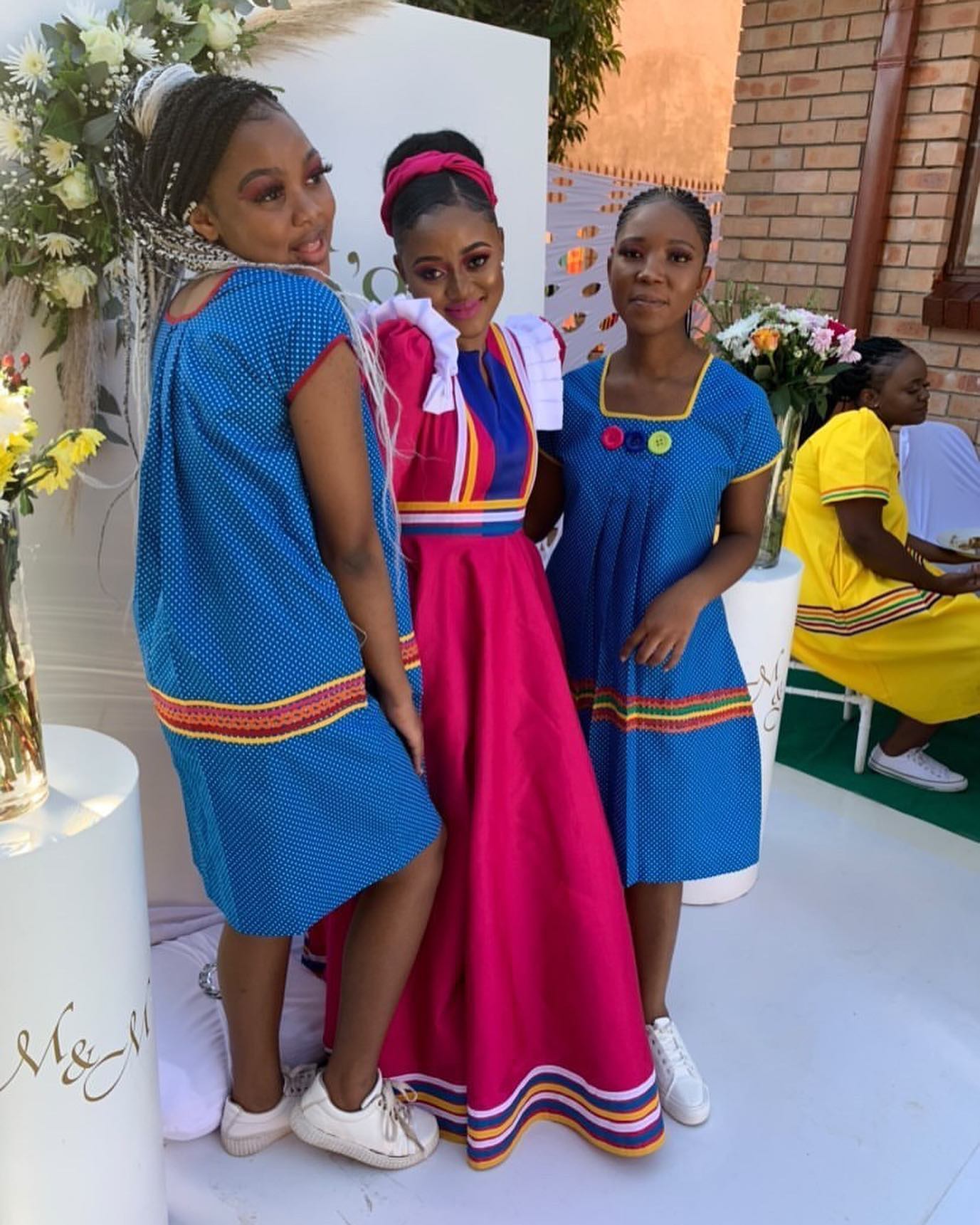
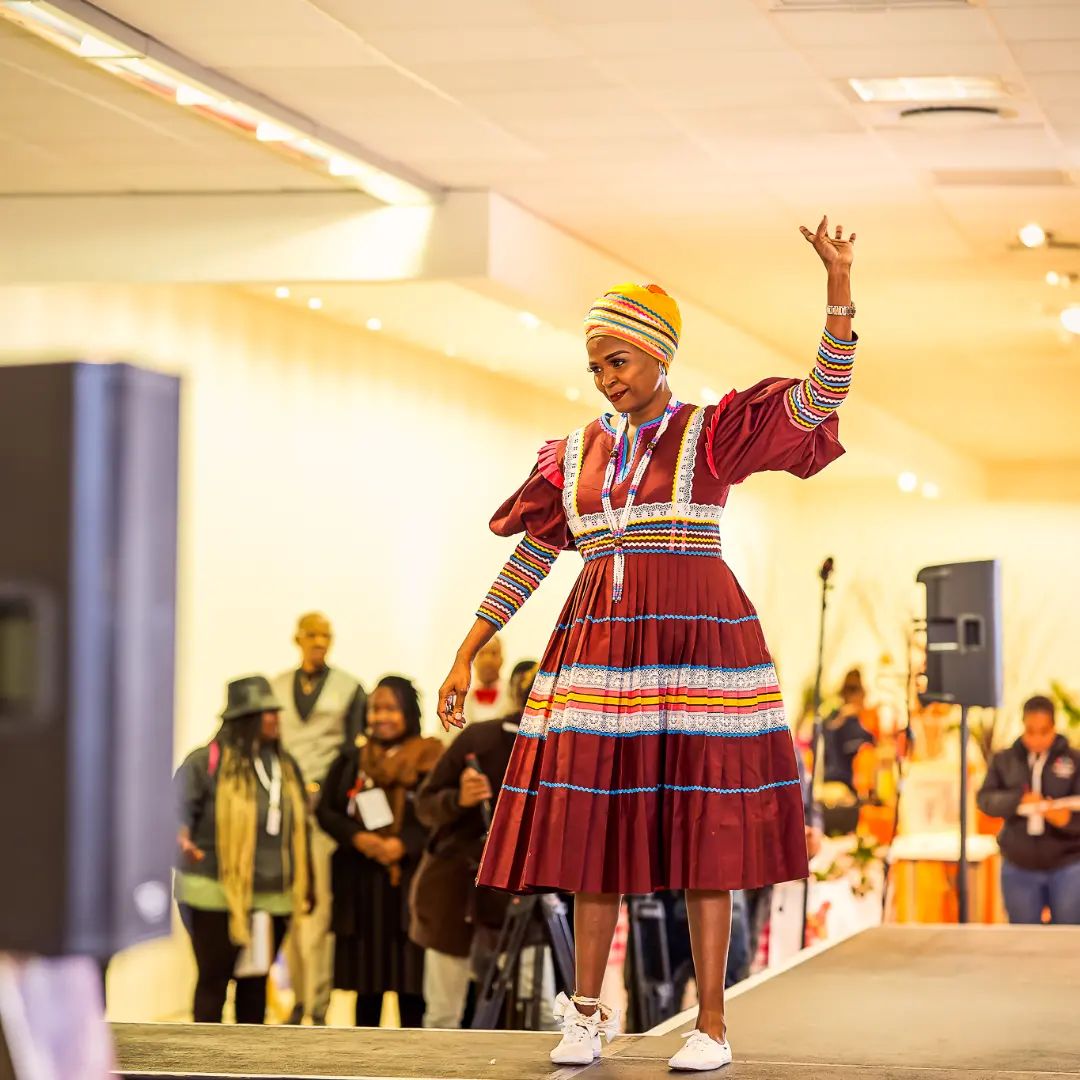
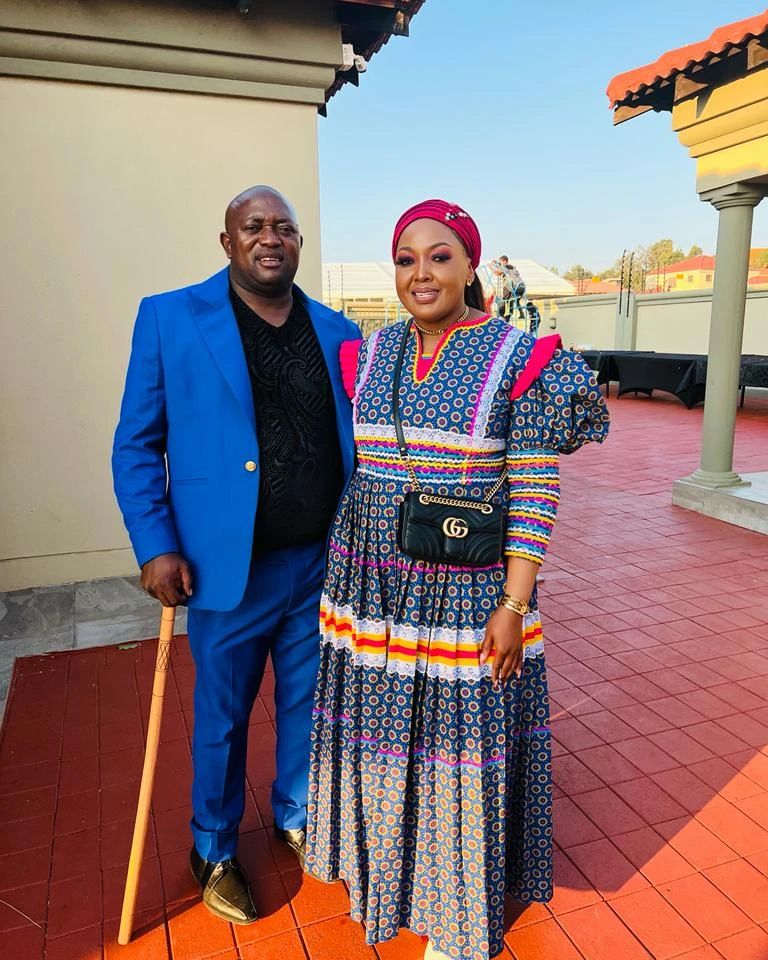
Sepedi weddings are held at the groom’s or bride’s home rather than in a church.
Once the bride is dressed and ready for the wedding, she must go to the river and collect the amount of water and wood needed for the ceremony.
Her dress is made of cowhide and is called dintepa.
The groom can wear a suit on his big day. Once the bride has collected enough water and wood and completed other tasks, she is ready to go to her future husband.
But when her bride goes, her grandmother sweeps the ground in front of her to “prepare the way for her.”
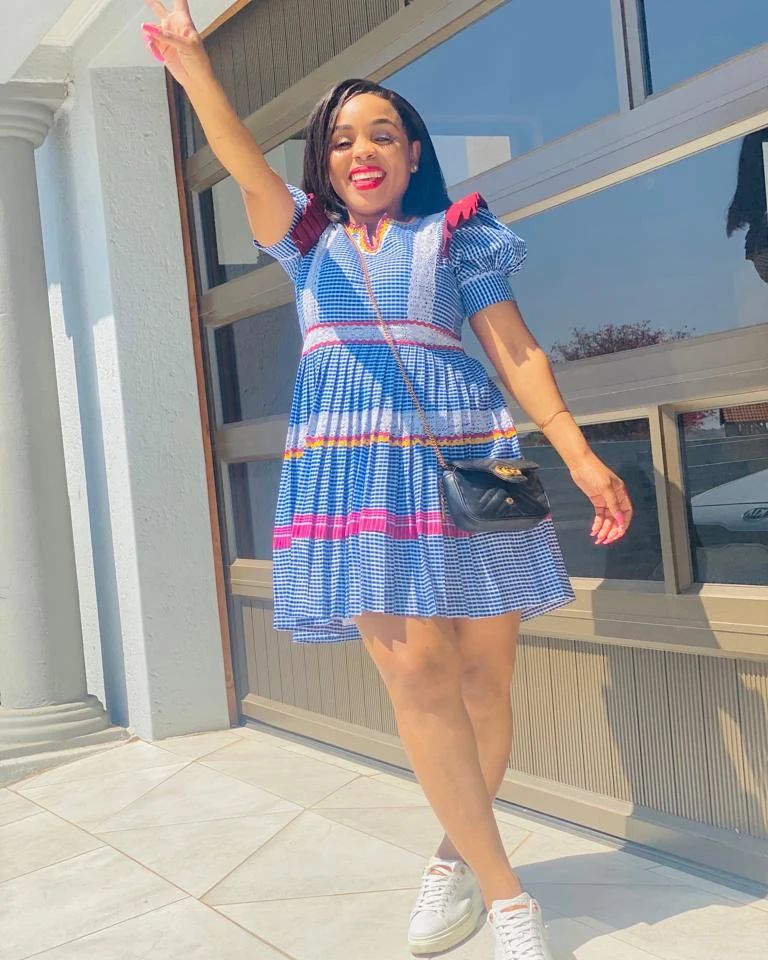


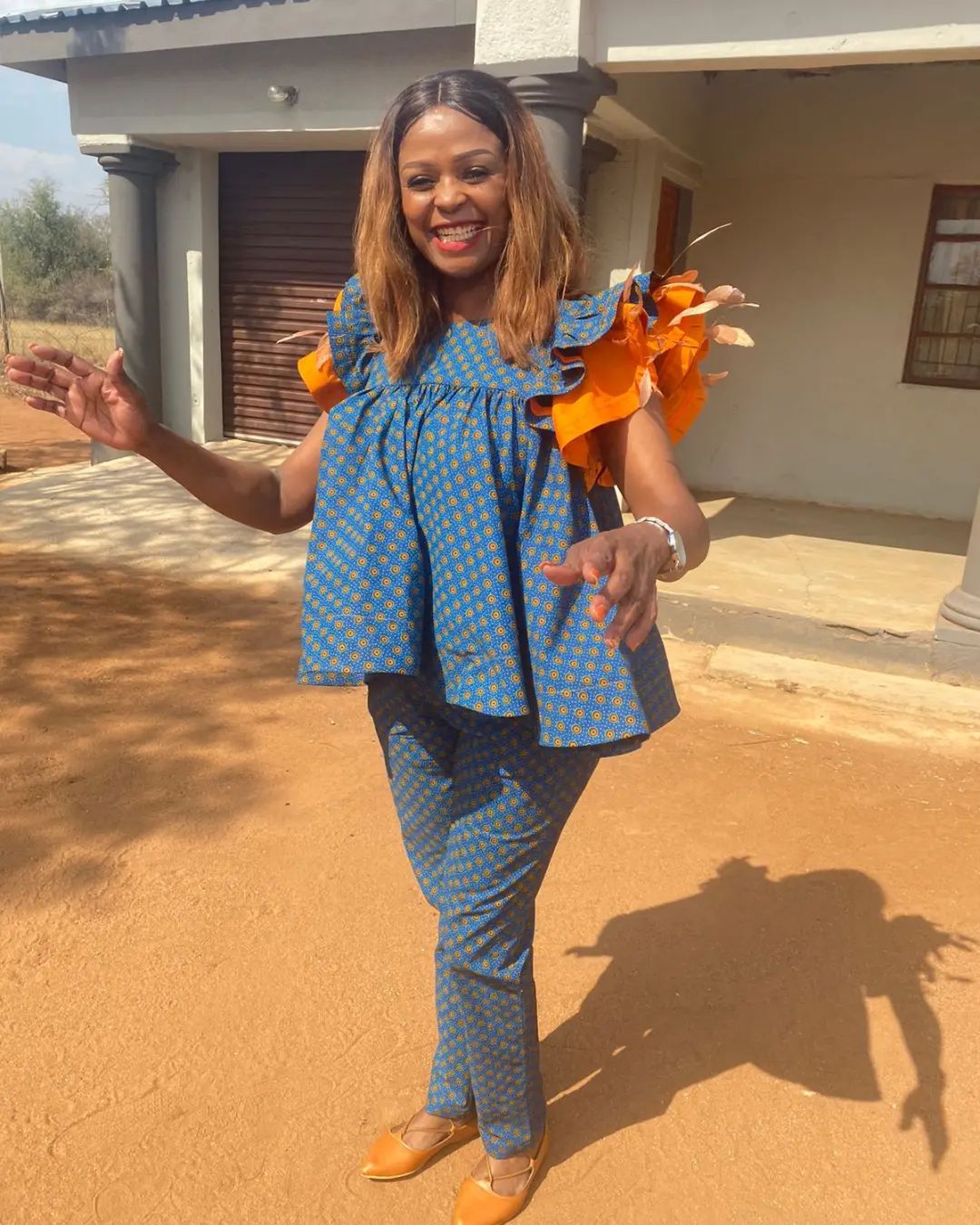
Amazing Sepedi Traditional Dresses for Women
The bride’s family comes early in the morning to pick her up and steal the gate.
The bride enters her husband’s house unnoticed. She enters the kitchen and sits on the women’s side of her house. If that happens, the groom’s family will have to pay for not noticing the bride. She should have stopped her before entering her house.
The groom’s family welcomes the bride’s family and shows them a room where they can stay.
The ceremony begins at noon. The bride and groom wear traditional costumes.
Then the couple goes to an open place where they perform the wedding ceremony and dance traditionally.

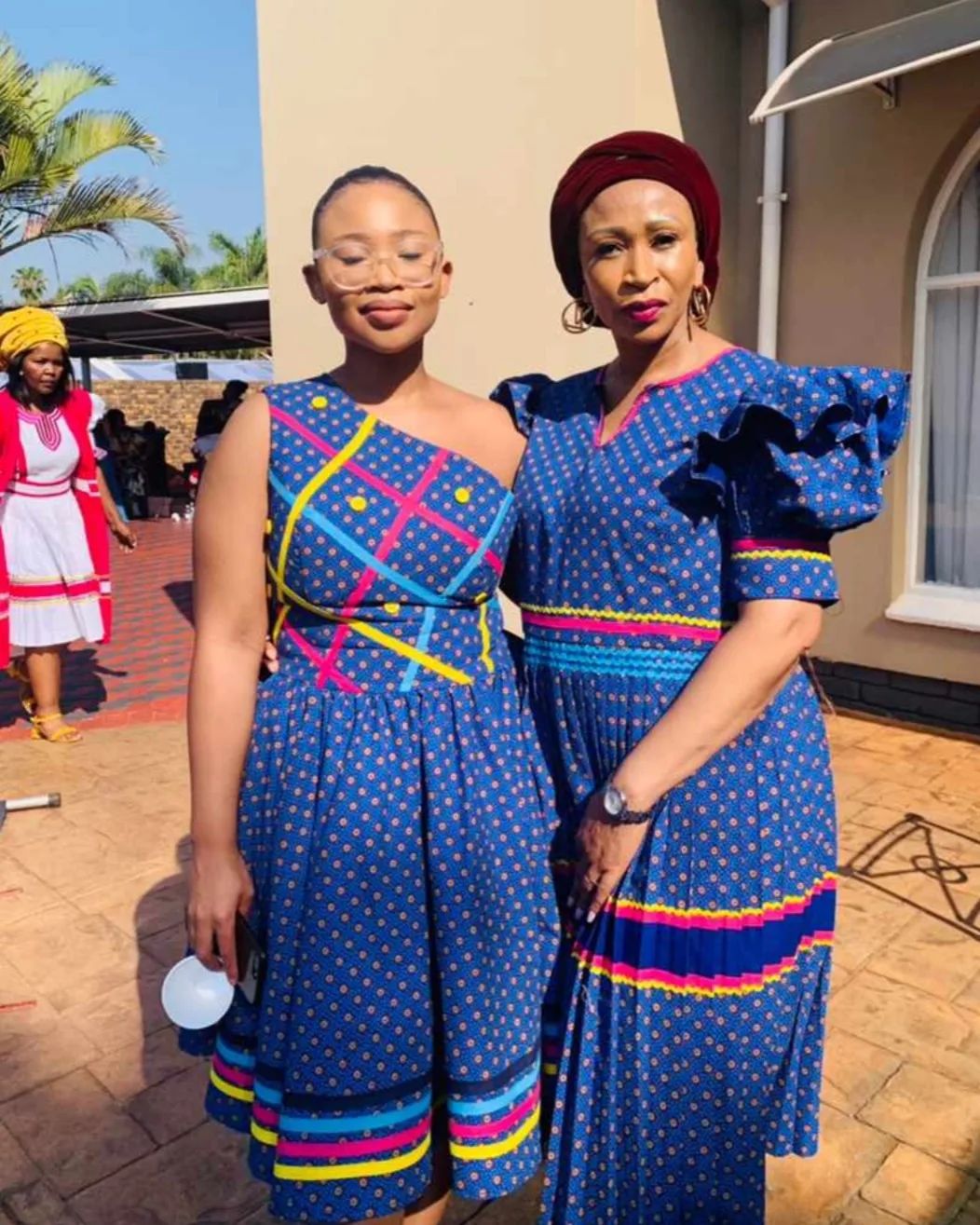
Then they go home and eat. The bride presents
her in-laws with the gifts she brings, and the groom’s family also presents the bride with an outfit to wear when she enters the kitchen.
The bride’s family buys gifts such as blankets, Zulu mats, brooms, clay pots, aprons, and furniture to give to her in-laws after the wedding. She also plans to buy a box (kist) to hold her clothes and her husband’s gifts.
A goat is slaughtered after the head of the family tells her ancestors that her daughter is getting married. The bride’s father buys a goat that will be used to perform a ritual called “Unkamo” and wants his ancestors to protect it.

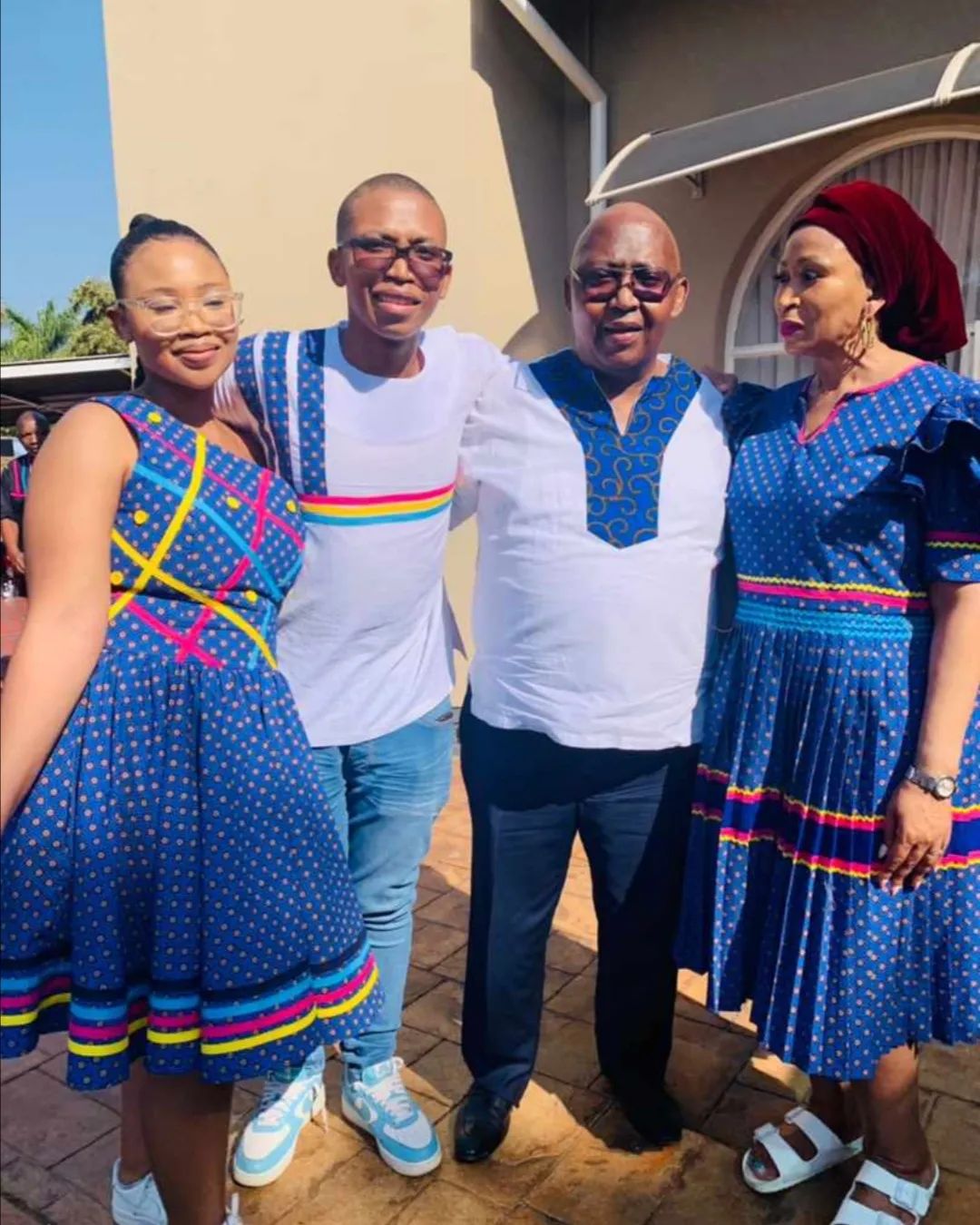
The bride’s family and relatives simply give gifts to the bride to wish her a happy marriage and advise her to be a good wife to her husband and family.
The groom purchases his two cows and they are slaughtered on the day of the ceremony. He also plans to purchase a goat to be slaughtered for his bride. The groom’s family prepares food and sorghum beer for the special day.
A traditional wedding is the final stage after lobola negotiations are completed.
This type of wedding involves many different cultures. In some cases, traditional weddings take place between two different cultures, so even if the bride ultimately follows her husband’s culture, those cultures will be represented on the day.
Who decided on the wedding date?
Sepedi Traditional Dresses for Women
